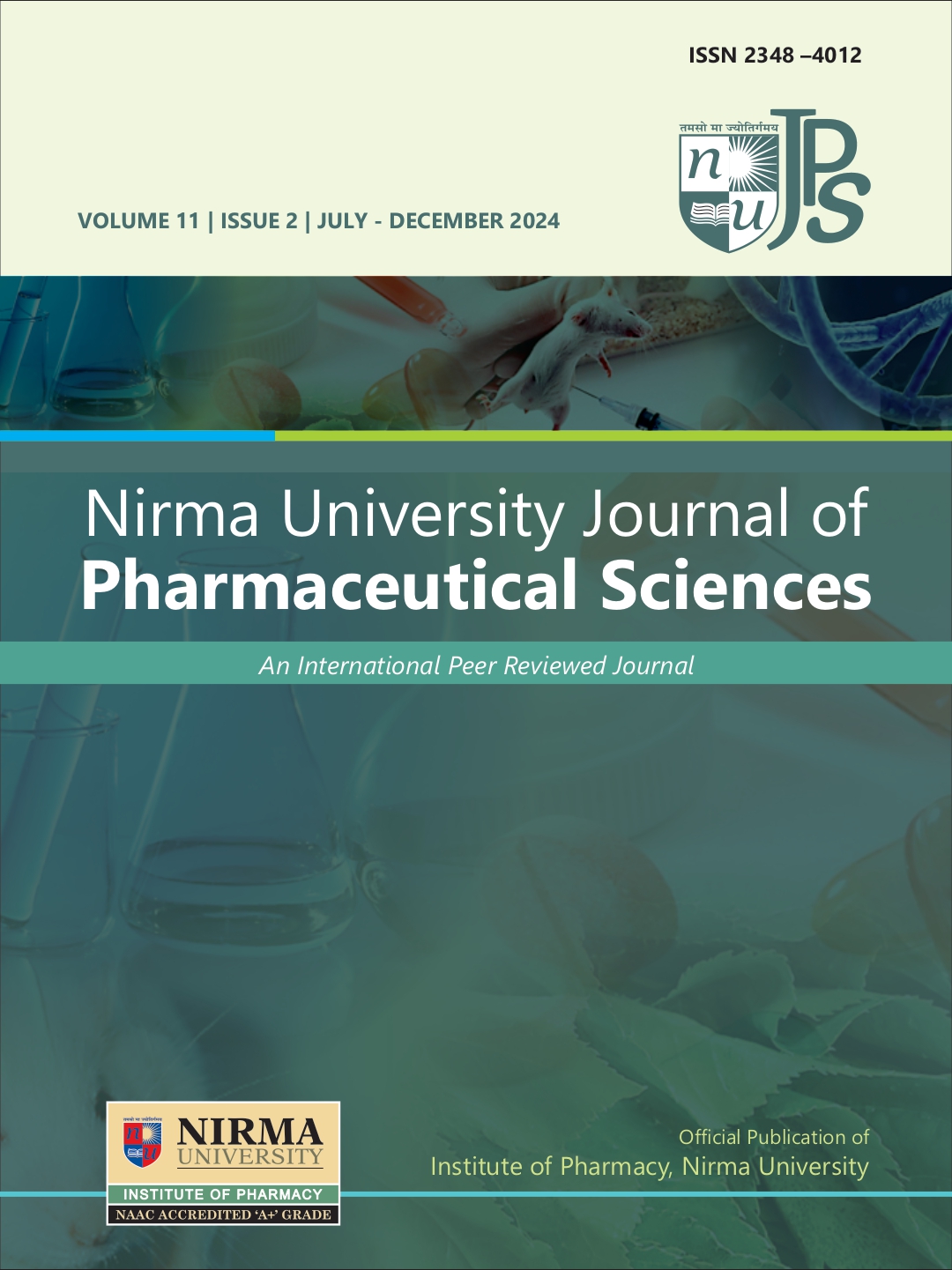SYNERGISTIC EFFECT OF MULTIPLE EXPOSURE OF LAMBDA-CYHALOTHRIN AND STRESSOR ON REDOX IMBALANCE IN RAT BRAIN
DOI:
https://doi.org/10.5281/Keywords:
Psychological stress,, Lambda-cyhalothrin,, Physical stress,, Anti-oxidant,Abstract
Our previous research indicated that exposure to psychological stress as immobilization stress, (IMS) and physical stress as forced swim stress (FSS) worsened lambda-cyhalothrin (LCT) induced brain damage in rats. To understand the underlying mechanisms, we investigated the impact of IMS or FSS on LCT's effects on oxidative stress markers in the brain. Rats exposed to IMS, FSS, or LCT alone showed no significant changes in markers of oxidative damage (lipid peroxidation, protein carbonyl levels) or antioxidant enzymes (superoxide dismutase, catalase, glutathione peroxidase) compared to controls. However, pre-exposure to IMS or FSS before LCT treatment significantly increased oxidative damage and decreased antioxidant enzyme activity. These findings suggest that repeated stress exacerbates LCT's neurotoxicity by disrupting the brain's redox balance. Notably, the effects were more pronounced in rats pre-exposed to psychological stress (IMS) compared to physical stress (FSS) and LCT treatment. On the other hand, modification in these redox imbalances was more concentrated in LCT treated rats pre- exposed to psychological stressor as compare to those pre-exposed to physical stressor.
Downloads
Published
Issue
Section
License
Copyright (c) 2025 Nirma University Journal of Pharmaceutical Sciences

This work is licensed under a Creative Commons Attribution-NonCommercial-NoDerivatives 4.0 International License.







